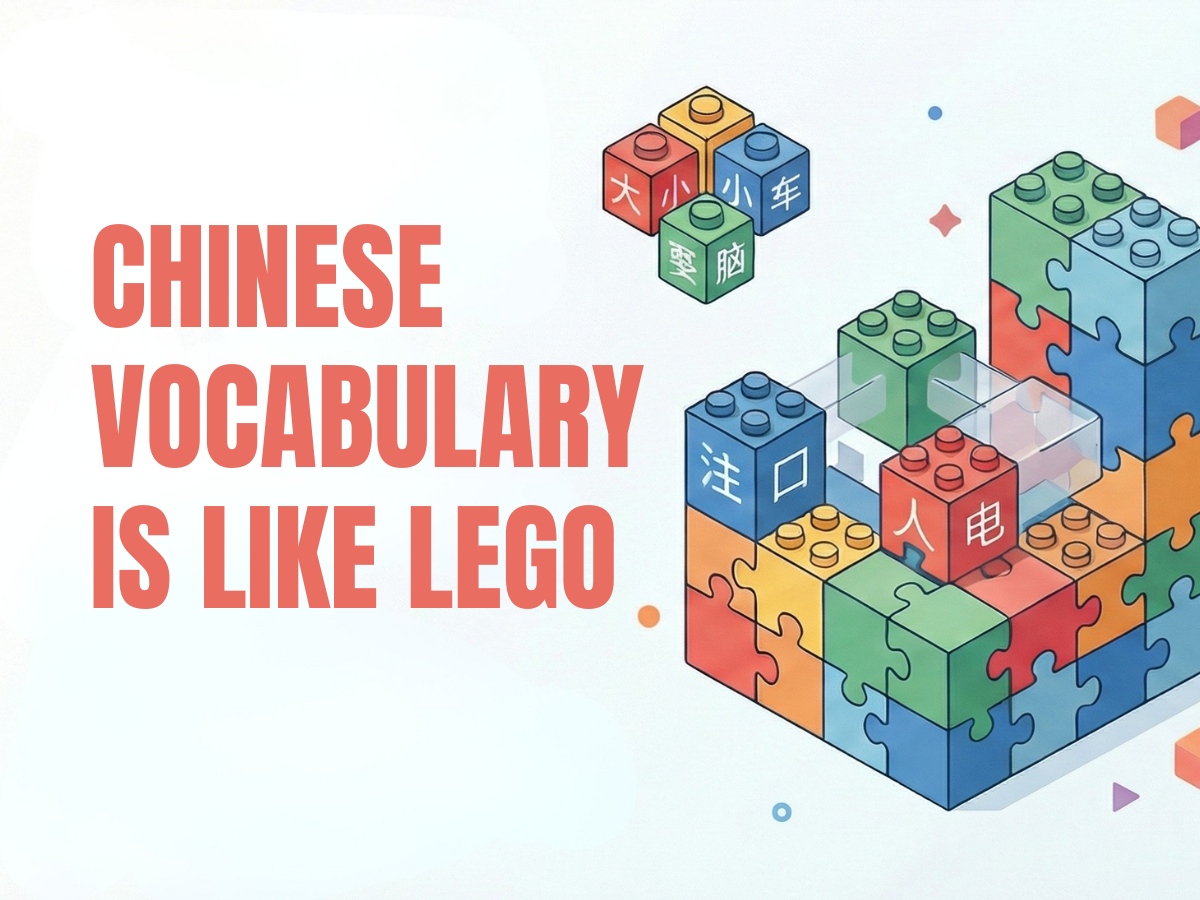Do you know which African countries speak Portuguese? And the impact of this language on the global market of literature and translation?
Strengthening cultural competence involves studying a language beyond its semantic and syntactic aspects, understanding the context in which it emerged and where it manifests in the present.
This knowledge is precious for translating literary texts because it sharpens the ability to choose words, translate idiomatic expressions, and, most importantly, evoke in the reader the images and enchantment that a work of art inspires.
Let's better understand the spread of the Portuguese language and the growing opportunities of this language?
Portuguese-Speaking African Countries
The PALOP (Portuguese-speaking African countries, in Portuguese) share much more than just a language and the fact of having been colonized by the Portuguese empire.
They share a multilingual culture in their territories, coexisting with many native, creole, indigenous languages... Each variant carries its distinct sounds.
Portuguese-speaking African countries share the musicality inherent in their way of communicating. And they share a rich literature, with world-famous authors who tell stories of their people and reinterpret narratives.
.avif)
The size of the population of countries affects the number of speakers. Ordering the PALOP in descending order by population density, we have:
Angola: With an estimated population of around 35 million inhabitants, this country speaks Portuguese alongside various local languages, especially Kimbundu and Umbundu. Portuguese was established as official during Portuguese colonization in the 15th century, and it remained after independence in 1975.
Mozambique: The history is similar to Angola and other PALOP countries. Portuguese was established during the colonial period and remained as the official language after independence in 1975. It coexists with local languages such as Macua and Changana. Mozambique has a population of approximately 32 million inhabitants.
Guinea-Bissau: Portuguese was adopted as the official language after independence in 1973. Its local languages are Fula and Mandinka, and its population is around 2.1 million inhabitants.
Cape Verde: Portuguese colonization introduced the Portuguese language in the 15th century, and it remained as the official language after independence in 1975. It coexists with Cape Verdean Creole, which has a rich musicality, with artists singing words that only exist in Portuguese, such as "Terra da Saudade”, by Mayra Andrade. This island nation has a population of approximately 0.5 million inhabitants.
São Tomé and Príncipe: Portuguese persisted after the colony's independence in 1975, as did most other countries. It coexists with Forro and Angolar. Its small population of Lusophone speakers has around 0.2 million inhabitants.
Language is politics
Currently, Portuguese-speaking African countries, along with other Portuguese-speaking nations, group together to discuss language-related political issues. Yes, language is political and holds significant power in diplomatic affairs!
Examples of these organizations include the CPLP (Community of Portuguese Language Countries) and the IILP (International Institute of the Portuguese Language).
Portuguese is the 6ª most spoken language in the world in terms of native speakers, with over 260 million native speakers.
Outside the African continent, Portuguese is also an official language in Brazil, Portugal, Macau (a special administrative region of China), and East Timor, where it became official in 2002, after Independence, coexisting today with Tetum.
Geographical dispersion and rich cultural and historical heritage are determinants for the strength of Portuguese in the world. Diplomatic relations and political, economic, and cultural cooperation among Lusophone countries, in turn, contribute to the spread of the language.
The digital age has increased interest in the Portuguese language and expanded access to language content. Countries like Brazil use cultural attractions as a political strategy: soap operas, music, many artists, and digital influencers with a presence on social media, expressing ideas in Portuguese.
But Lusophone literature also holds great strength and should be consumed by those who want to immerse themselves in the cultures of these countries and translate works proficiently.
African Portuguese-Speaking writers to immerse in the lusophony
.avif)
There are many contemporary lusophones authors to read. Well, but who does not like lists? We highlighted some of the most renowned African Portuguese-speaking writers who contribute significantly to world literature.
Mia Couto (Mozambique)
Internationally recognized, Mia Couto is the author of novels, short stories, and poetry. His work is known for addressing social, political, and cultural issues in Mozambique.
Pepetela (Angola)
Prolific author, Pepetela is known for his writing that portrays Angolan history and society. He has received the Camões Prize, the most prestigious literary award in the Portuguese language.
José Eduardo Agualusa (Angola)
One of the most known authors of contemporary literature in Portuguese. Internationally recognized, including in countries that do not speak Portuguese as native language. His novels often explore themes such as identity, history, and politics.
Paulina Chiziane (Mozambique)
Paulina is a super representative voice. Recognized as the first woman to publish a novel in Mozambique, this writer is an important figure in African literature. Her works often address gender, race and power issues.
Ondjaki (Angola)
A versatile author, Ondjaki is the youngest of this list. He writes novels, short stories, poetry, and children's literature. His writing is characterized by its originality and humor.
Aldino Muianga (Mozambique)
Muianga is known for his works that explore the experiences and challenges of the Mozambican people, especially during the colonial and post-colonial periods.
Luís Bernardo Honwana (Mozambique)
Author of "Nós Matamos o Cão Tinhoso", Honwana is considered one of the pioneers of modern Mozambican literature. His short stories often deal with issues of identity and resistance.
Translating Portuguese literature: what are the insights?
Translating literary texts is a trick! And this is challenging for many reasons: there is subjectivity, metaphor, and expressions that cannot be translated literally.
It also requires respect for the author's voice and the peculiarities of the culture that need to be preserved to create the magic the author intended for the reader.
When it comes to poems, it's even more detailed. It requires poetry sensitivity, lots of references, linguistic proficiency, and skills in wordplay. And of course musicality if you intend to keep the rhymes.
So what are the tips for beginners in the Portuguese literature translation field?
.avif)
- y and understand Lusophone culture
Understanding the culture, history, and context of Lusophone African countries includes being familiar with literary traditions, cultural references, knowing authors and thinkers, and their linguistic nuances.
- Be alert to cultural context
The meaning of a word or phrase in a literary text is rooted in the author's cultural context. If we take Agualusa and Aldino Muianga as an example… They bring imagery of their countries' political context into their books. So it is important to know the real history that underlies the characters' universe.
- Maintain the author's style and tone
When translating literary texts, it is crucial to capture the style, tone, and voice of the original author, remaining faithful to literary fluency. Mia Couto, for example, is also a biologist, so he brings traces of animism (spiritual essence in non-human beings) into his literature, as in “Confissões da Leoa”. It's part of the author's style, and when excluded from a translation, we lose fidelity.
- Make creative and fluent adjustments
Translating literature often involves recreating the text from one language to another, which requires creativity and flexibility. Sometimes, it may be necessary to find creative and sensitive equivalents for idiomatic expressions or wordplay that cannot be directly translated.
- Be cautious to linguistic variety
Africa is a vast continent, and each Lusophone country has its peculiarities, its own linguistic variations, and idiomatic expressions. Be mindful of these differences and adapt the translation to convey the message according to the author's cultural context.
- Get feedback and consultation from natives
Getting feedback from other translators or, especially, native speakers of the language can be extremely useful in identifying areas for improvement and ensuring a high-quality translation.Make the most of AI tools
.avif)
How Artificial intelligence (AI) and Augmented Translation can play a important role in translating literary texts?
First of all, technology can accelerate the translation process, allowing translators to focus on the more creative and complex aspects of the project.
In addition, with the automation of the massive part of the translation, a well-trained AI offers personalized translation suggestions. This allows following the tips we mentioned above.
The great contribution is in the terminology field. AI tools facilitate terminological research, providing quick access to specialized dictionaries and relevant reference resources. This can be useful when dealing with literary texts containing specific, archaic, or culturally complex terminology.
For example, the translator can create a glossary for a specific book translation project that covers the author's original style. Adding the touch of authorship that belongs to the translator too.
Just like the human translators, the performance of AI improves with refinement and consistency. The tool becomes increasingly capable of analyzing the style and voice of the original author, helping translators capture subtle nuances and reproduce these elements in the translation.
Literary translation requires cultural sensitivity, creativity, and a deep understanding of the original text, aspects that are still beyond the reach of purely computational capabilities. But the combination of human cultural competence and technological skills remains essential to produce high-quality literary translations.
Unlock the power of glocalization with our Translation Management System.
Unlock the power of
with our Translation Management System.














.avif)
.avif)

.avif)
.avif)
.avif)







